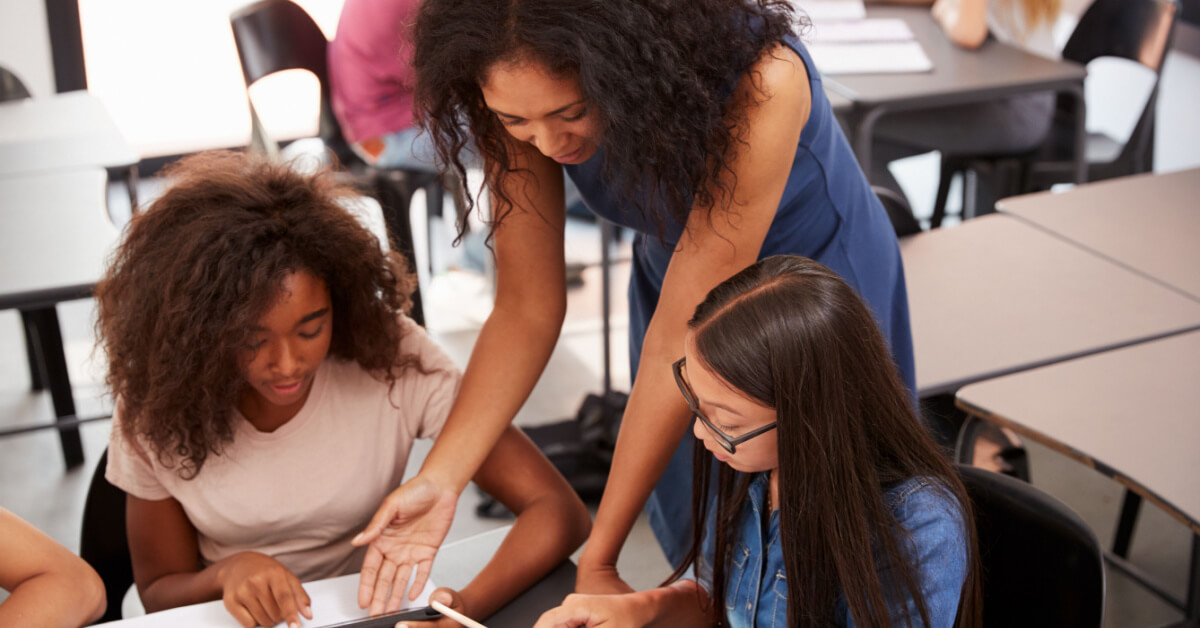January 16, 2023
At my last dentist appointment, the hygienist did a couple of novel things: she cleaned my teeth differently—with air and water—and she also checked my blood pressure. I was in awe. I share this anecdote because, over the years, I have experienced how dentistry has changed as the science of healthy teeth and overall health have dictated. And I wondered why, in education, we can’t change as the science of learning and advances in technology demand.
I am curious about the differences between these two industries: dentistry and education. What makes dentistry, or at least individual dental practices, nimble enough to incorporate new information while across public and private schools, we still largely educate our children in a late 19th-century model, even though we know it doesn’t work for how young humans learn? Why can’t we make systemic changes, like returning play to learning for students of all ages, incorporating movement into the learning day, empowering students to harness the power of technology, and using the science of learning to design effective classroom practices? Why? Why not?
I ask these questions as the newest big change that education, particularly those of…


